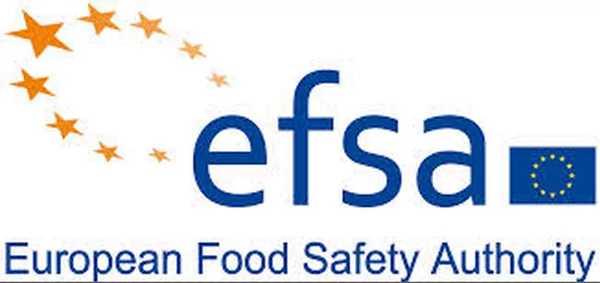EFSA: Eating Apricot Kernels Can Lead to Cyanide Poisoning

According to new information released by the European Food Safety Authority (EFSA), the consumption of apricot kernels could result cyanide poisoning.
Apricots contain a naturally-occurring compound known as amygdalin. The compound lives inside apricot kernels and converts to cyanide after it enters the human body. The apricot fruit itself does not pose any health risks to consumers, says EFSA. The kernel is the seed from inside the apricot stone. It is obtained by cracking open and removing the hard stone shell and, therefore, has no contact with the fruit.
According to EFSA, studies show that 0.5 to 3.5 milligrams (mg) of cyanide per kilogram of body weight can be lethal. For humans, the risk of high cyanide exposure increases by eating either one large apricot kernel, or about three small ones. For toddlers, even one small apricot kernel is a cyanide risk. EFSA’s Scientific Panel on Contaminants in the Food Chain has set a safe level of 20 micrograms per kilogram of body weight--25 times lower than the reported lethal dose. That equates to a safe cyanide level of 370 mg for adults and 60 mg for toddlers, the latter of which is about one-half of a small apricot kernel.
Cyanide poisoning can lead to nausea, fever, headaches, insomnia, lethargy and joint and muscle pains. In extreme cases, cyanide poisoning is fatal.
In the European Union, most apricot kernels are believed to be imported from outside the region and are heavily marketed to consumers online. The kernels are promoted as a “cancer-fighting food” with sellers recommending 10 kernels per day for the general population and 60 kernels per day for cancer patients. However, evaluating the claimed benefits of raw apricot kernels for cancer treatment or any other use is outside EFSA’s food safety remit and was, therefore, not part of this scientific opinion.
Sign up for Food Safety Magazine’s bi-weekly emails!
Looking for quick answers on food safety topics?
Try Ask FSM, our new smart AI search tool.
Ask FSM →








